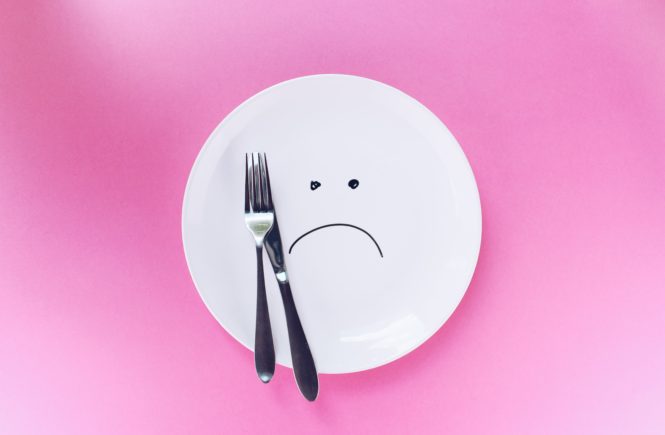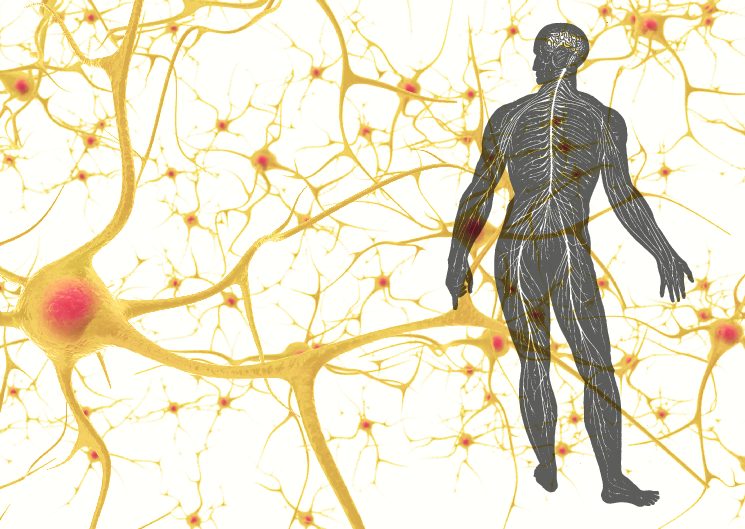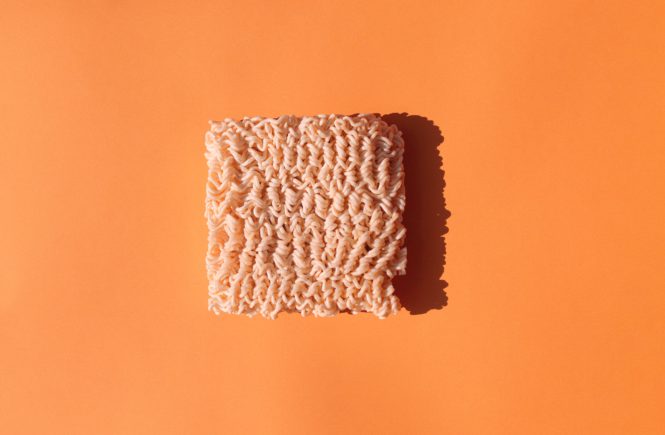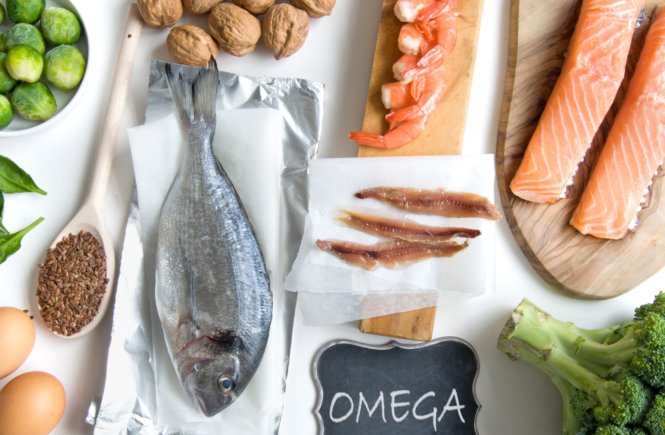Intuitive Eating is a term developed by Evelyn Tribole and Elyse Resch in 1995, but has roots that extend further back to women who wrote about ineffectiveness of diets. These women include Susie Orbach, Geneen Roth, and Thelma Wayler.1 Intuitive eating is beneficial from a mental health standpoint because it helps you reconnect with your body’s innate wisdom about what to eat and it rejects diet culture, which is not only harmful psychologically, but is also ineffective for many people and can lead to increased weight gain in the long term.2
–
Nutrition Coach Philadelphia
Sarah Tronco, CMHIMP, is a Philadelphia Nutrition Coach specializing in mental nutrition. Sarah offers individualized mental health nutrition coaching that empowers you to make sustainable changes to improve your overall well-being.
–
There are ten principles of Intuitive Eating, and I am going to do a series of posts focusing on each principle. The first principle of Intuitive Eating is “Reject the Diet Mentality.” Reasons to reject the diet mentality, according to the Intuitive Eating Workbook, include:
- Failed dieting attempts create a sense of helplessness, which can cause individuals to feel like they are failures. However, the issue is the structure of dieting programs, not the individual.3
- When we diet, we experience higher levels of dissatisfaction with our bodies. We are also more prone to eating disorders and can experience preoccupation with food. Dieting increases the risk of eating disorders.3
- Diet rules make it difficult to follow your body’s natural cues and can “trigger an inner rebellion, because they are an assault on your personal autonomy and boundaries.”3
- Dieting feeds an inner sense of should and shouldn’t regarding food, which becomes a barrier to the process of intuitive eating.3
The first step to rejecting diet mentality is to begin noticing when it shows up for you in your daily life, and make sure to maintain a non-judgmental attitude. Cultivating self-compassion is also going to be fundamental in this process, since through diet culture we often learn to objectify our body and create conditions around feeling worthy. Know that you are worthy of love and self-compassion as you are right now. This can take practice, especially if you are more deeply entrenched in diet culture, so patience will also be critical on your journey to healing your relationship with yourself and food.
Nutrition Coach Philadelphia Sarah Tronco, CMHIMP, is a Philadelphia Nutrition Coach specializing in mental nutrition. Sarah offers individualized mental health nutrition coaching that empowers you to make sustainable changes to improve your overall well-being.
References:
- https://www.healthline.com/nutrition/quick-guide-intuitive-eating#history
- https://www.healthline.com/nutrition/do-diets-make-you-gain-weight#success-rates
- Tribole, E., & Resch, E. (2019). The Intuitive eating workbook: Principles for nourishing a healthy relationship with food. Brattleboro, VT: Echo Point Books & Media, LLC.
- Photo by Thought Catalog on Unsplash



